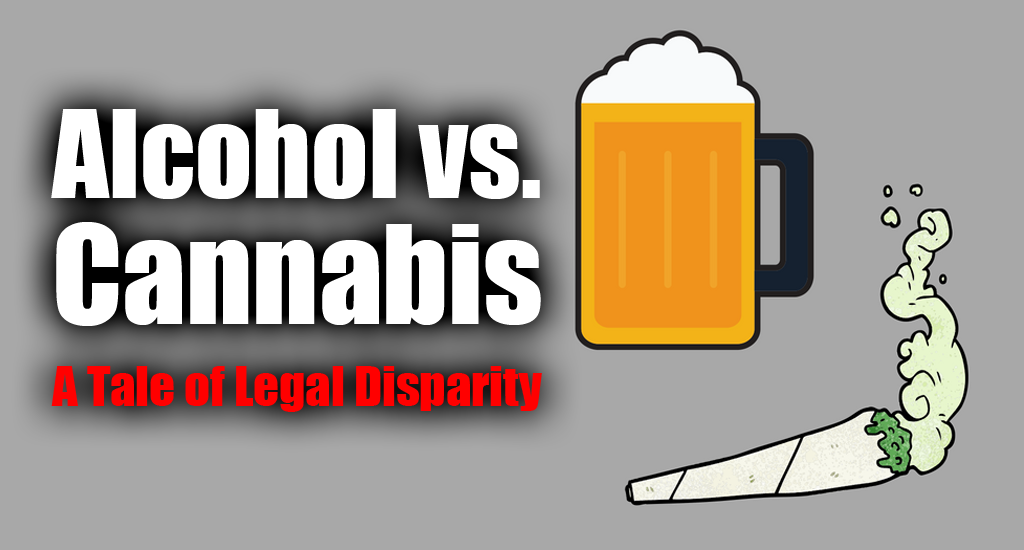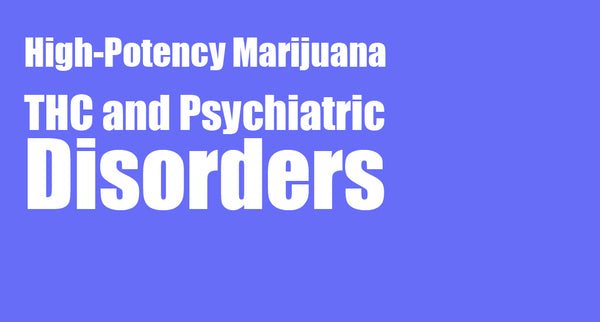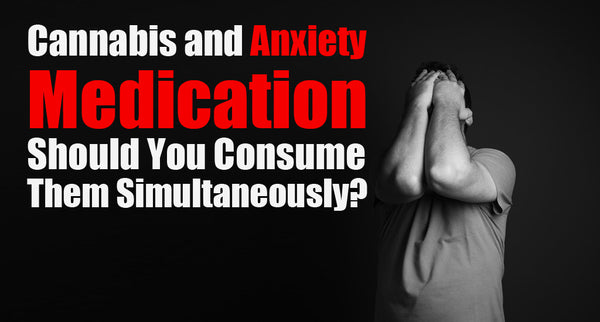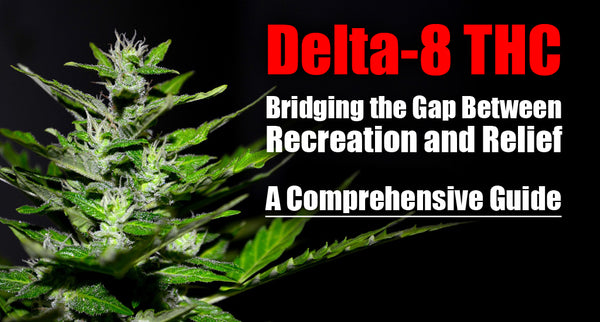
Alcohol vs. Cannabis: A Tale of Legal Disparity
The contrasting legal statuses of alcohol and cannabis have long been a subject of debate and confusion. While alcohol enjoys legal status almost universally, cannabis legalization remains a patchwork of policies varying drastically from one region to another. Insights from Reddit's r/Marijuana subreddit provide a window into this complex issue, revealing a mix of historical, political, and cultural factors at play.
Historical Context
The legalization of alcohol and criminalization of cannabis can be traced back to early 20th-century socio-political dynamics. Alcohol, with its deep roots in Western culture and society, has been a staple in social and religious ceremonies for centuries. Despite a brief prohibition era in the United States, alcohol has largely been accepted due to its cultural entrenchment.
Cannabis, on the other hand, faced a different fate. It became entangled in racial and political undertones, particularly in the United States. The early 20th century saw cannabis associated with Mexican immigrants and African-American jazz musicians, leading to stigmatization. Harry Anslinger, the first commissioner of the U.S. Federal Bureau of Narcotics, played a significant role in this, using racially charged propaganda to demonize cannabis and its users.
Political and Economic Interests
The legal status of these substances has also been heavily influenced by economic and political interests. The alcohol industry, with its strong lobby and significant contribution to the economy, has managed to maintain its legal status. In contrast, the cannabis industry, though growing, has only recently started to gain political influence.
Moreover, the "War on Drugs," initiated in the 1970s, further entrenched the criminalization of cannabis, often using it as a tool for political maneuvering and control, particularly over minority communities.
Medical and Scientific Understanding
Scientific understanding of both substances has evolved over time. Alcohol, while socially accepted, is known to have significant health risks and contributes to various social problems. Cannabis, on the other hand, has been shown to have various medicinal properties, challenging its classification as a Schedule I drug in the United States, a category reserved for substances with high abuse potential and no medical use.
Cultural Perceptions
Cultural perceptions play a crucial role in the legal status of alcohol and cannabis. Alcohol is often seen as a socially acceptable way to unwind or celebrate, whereas cannabis has only recently started shedding its image as a "gateway drug" or a substance for societal outcasts.
The Path Forward
As societal attitudes shift, we are witnessing a gradual change in cannabis laws across the globe. However, the path to legalization is complicated by historical prejudices, political interests, and cultural perceptions.
Key Takeaways
- Understand the Complex History: Recognize that the legal disparity between alcohol and cannabis is rooted in historical, racial, and political factors.
- Acknowledge the Role of Economics and Politics: Economic interests and political lobbying have significantly influenced the legal status of these substances.
- Stay Informed about Scientific Research**: As research continues to uncover the medicinal benefits of cannabis, public opinion and laws are gradually changing.
- Challenge Cultural Stereotypes: Work towards changing the cultural narrative around cannabis, recognizing it as a substance with medicinal properties rather than a societal ill.
- Advocate for Policy Reform**: Support and engage in advocacy for rational drug policies based on scientific evidence and social justice considerations.
The conversation on r/Marijuana shows a community grappling with these complexities, emphasizing the need for continued dialogue, research, and advocacy to bridge the legal gap between alcohol and cannabis.
Arguments in Favor of Legalizing Cannabis
The debate around cannabis legalization has intensified in recent years, bolstered by compelling arguments that challenge its current legal status. Here are some of the strongest arguments in favor of legalizing cannabis:
1. Medicinal Benefits
- Therapeutic Properties: Cannabis is known to have therapeutic effects for a range of medical conditions, including chronic pain, epilepsy, multiple sclerosis, and PTSD.
- Alternative to Opioids: It offers a safer alternative to opioids for pain management, potentially helping to combat the opioid crisis.
2. Economic Advantages
- Revenue Generation: Legalization opens up a significant source of tax revenue, as seen in states like Colorado and California, where cannabis sales have generated millions in taxes.
- Job Creation: The legal cannabis industry creates jobs in cultivation, distribution, and retail, contributing to economic growth.
3. Criminal Justice Reform
- Reducing Incarceration Rates: Legalization can reduce the number of people incarcerated for non-violent drug offenses, addressing issues of over-incarceration.
- Addressing Racial Disparities: It can help rectify racial disparities in drug law enforcement and sentencing.
4. Public Safety and Regulation
- Quality Control: Legalization allows for regulation and quality control of cannabis products, ensuring safer consumption.
- Reducing Illegal Market: It can undercut the illegal cannabis market, thereby reducing associated crimes.
5. Social and Cultural Shift
- Changing Perceptions: Legalization reflects the shifting social and cultural attitudes towards cannabis.
- Responsible Use: It promotes responsible use and education about cannabis, similar to alcohol and tobacco.
6. Research and Development
- Advancing Scientific Knowledge: Legalization facilitates research into cannabis, leading to a better understanding of its benefits and risks.
- Innovation in Healthcare: This research can lead to new treatments and innovations in healthcare.
Conclusion
The arguments for legalizing cannabis are multifaceted, addressing issues ranging from public health to social justice. By considering these factors, policymakers can make informed decisions that reflect the needs and values of modern society. The ongoing dialogue, as seen in communities like r/Marijuana, is crucial in shaping a more nuanced and evidence-based approach to cannabis legislation.



